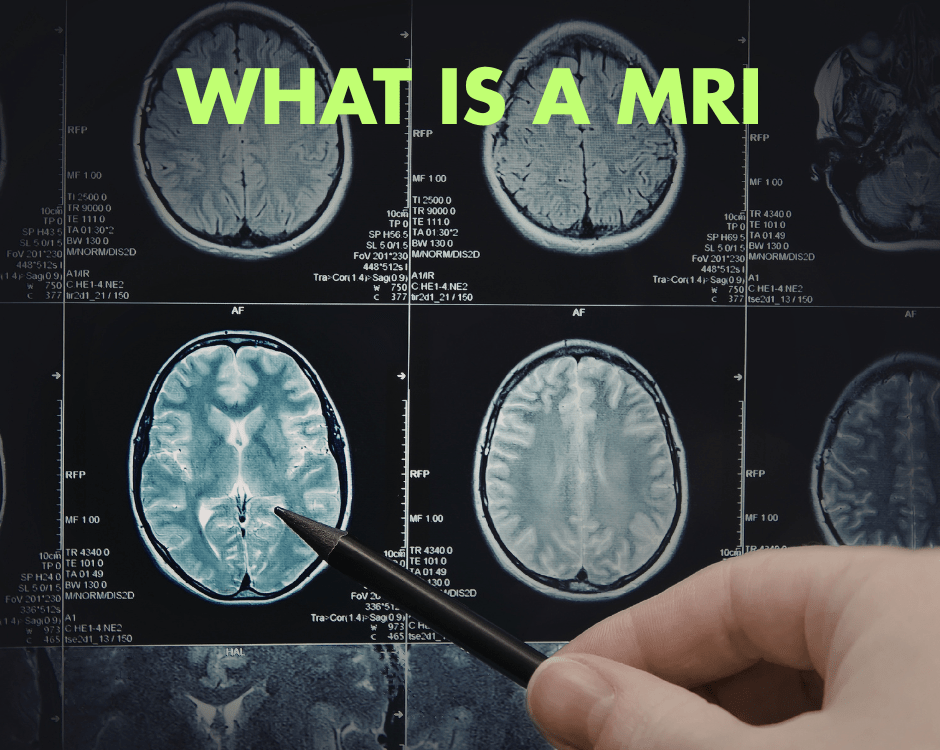Nausea After a Car Accident

Supplementation When Recovering from a Car Accident
April 25, 2025
Safe Driving in Florida
April 25, 2025- Accident doctor
- accupuncture
- airplane headache
- alzheimer's
- best habits
- Brain Injuries
- car accident
- car accidents
- cervical strain
- colds
- concussion
- Concussions
- disc bulge
- dosage meds
- dry needling
- dull pain
- E bike injuries
- florida
- good posture
- headaches
- Headrest positions
- Headrest positions after an accident
- Healthy choices
- Healthy flying
- healthy gift guide
- Healthy SPring Ideas
- hip pain
- hyperextension
- injury doctor
- insurance
- Kayaking
- kentucky
- kids motion sickness
- lifestyle
- motion sickness
- neck injury
- no fault insurance doctor
- noise healing
- osteoporosis
- pain symptoms
- pink noise
- posterior chain
- posture
- prevent osteoporosis
- Rest
- Scoliosis
- shoulder pain
- Stress with kids after a motor vehicle accident
- TBI
- tips
- tmj
- torn muscle
- Traumatic Brain Injury
- trigger points
- VitaminD
- What are Post Traumatic headaches?
Nausea After a Car Accident
Feeling nauseous after a car accident can be an alarming experience and may signal an underlying medical problem. While some may dismiss it as a temporary reaction to stress or adrenaline, persistent nausea can indicate injuries ranging from concussions to internal bleeding. Dr. Deryk Harting of Chambers Medical Group, one of the highest rated car accident medical care teams in the Greater Tampa Bay area, discusses nausea after a car accident.
One of the most common reasons for nausea following a crash is a concussion or traumatic brain injury (TBI). A concussion occurs when the brain is forcefully thrusted inside the skull, which can happen even if there is no direct impact to the head. This type of injury often results in dizziness, nausea, vomiting, headaches, confusion, or memory loss. To diagnose a concussion, physicians typically perform a neurological exam and may order imaging tests like a CT scan or MRI to rule out bleeding or swelling in the brain. Neurologists, medical doctors, and physical therapists are often involved in treatment, which may include rest, medication, and rehabilitation therapy.
Another possible cause of nausea is whiplash, a common neck injury resulting from the rapid forward and backward motion of the head. While whiplash is typically associated with neck pain or stiffness, it can also lead to cervicogenic dizziness, a condition where damaged nerves and muscles in the neck can send incorrect signals to the brain about balance or movement. This miscommunication can cause symptoms such as nausea, dizziness, and headaches. Diagnosis usually involves a physical examination and imaging tests like x-rays or MRIs to assess soft tissue damage. Treatment may include physical therapy, chiropractic care, and vestibular rehabilitation to restore neck function and balance.
In some cases, nausea after a car accident is caused by inner ear conditions or vestibular dysfunction. The vestibular system is responsible for balance, and trauma from an accident can disrupt its function, leading to vertigo, dizziness, and motion sickness. Post-traumatic vertigo can make simple movements, such as standing up, feel disorienting. An ear, nose, and throat (ENT) specialist or an audiologist may conduct vestibular function tests or audiological exams to determine the extent of the damage. Treatment often includes vestibular therapy, medication for motion sickness, and balance exercises to retrain the brain’s response to movement.
Nausea can also be a sign of internal injuries, especially if there was abdominal trauma during the accident. Damage to internal organs such as the liver, spleen, or stomach can result in symptoms like nausea, abdominal pain, bruising, and dizziness. In severe cases, internal bleeding may occur, which can be life-threatening. Diagnostic tools such as ultrasounds, CT scans, and blood tests help doctors assess organ function and detect any internal bleeding. Emergency room physicians, general surgeons, and gastroenterologists may be involved in managing and treating these injuries, which can range from medication and monitoring to surgical intervention.
While mild nausea may resolve on its own, certain symptoms warrant immediate medical attention. Persistent vomiting, severe dizziness, worsening headaches, abdominal pain, or loss of consciousness could indicate a serious underlying medical condition that requires urgent evaluation. Ignoring these warning signs may lead to complications and prolong treatment and recovery.
The approach to treating post-accident nausea depends on its root cause. Concussions often require rest, hydration, and medications to manage headaches. Whiplash-related nausea is typically addressed through chiropractic adjustments, rehabilitation exercises, and posture correction. Vestibular dysfunction may improve with specialized therapy designed to adjust the brain’s response to movement. If internal injuries are present, medical management, surgery, or close monitoring may be necessary.
Nausea following a car accident should not be ignored, as it can signal anything from a mild concussion to a serious internal injury. If symptoms persist or worsen, seeking medical evaluation is crucial to ensure an accurate diagnosis and effective treatment.
— This article is written by Deryk Harting, DC, one of the members of Chambers Medical Group’s team of car accident chiropractors who offer a variety of treatments and therapies ranging from diagnostic testing to various soft tissue therapies for car accidents and injuries in Florida.
- Car Accident Medical Clinic in Tampa
- Car Accident Medical Clinic in Plant City
- Car Accident Medical Clinic in Brandon
- Car Accident Medical Clinic in Lakeland
- Car Accident Medical Clinic in Sarasota
- Car Accident Medical Clinic in Louisville
- Car Accident Medical Clinic in Lexington
- Car Accident Medical Clinic in Florence




